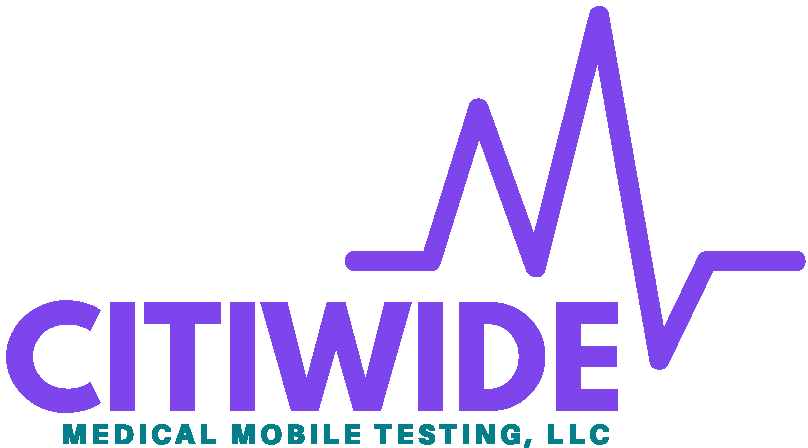At Citiwide Mobile Testing, we work alongside our partners at Bayside Laboratories to provide patients with the very best in cutting edge testing for all your health and wellness needs. We are proud to include multiple types of allergy testing as well. Performed by a trained and knowledgeable allergy testing specialist, allergy testing is used in order to determine if your body has any types of allergic reactions to certain common, known substances. Generally, allergy testing can be performed using a blood test and a skin test.
Allergies are actually our immune system’s natural defense mechanism, overreacting to the presence of a substance, that to others, might be completely harmless. For example, the presence of pollen to most individuals is completely harmless, however, to allergy sufferers, it can cause the body to overreact – leading to things like:
-
Sneezing
-
Watery, Itchy Eyes
-
Blocked Sinuses
-
Runny Nose
-
Red, Itchy, Irritated Skin
Before Your Allergy Test
Generally, before your allergy testing is performed, we will ask a series of questions about your family history as well as your current lifestyle. In addition, it is important that prior to your allergy tests to avoid the following:
-
Taking prescription or OTC antihistamines.
-
Anti-IgE monoclonal antibody asthma treatment, omalizumab (Xolair).
-
Benzodiazepines, such as diazepam (Valium) or lorazepam (Ativan).
-
Tricyclic antidepressants, such as amitriptyline (Elavil).
Scratch Test
Skin testing is one of the most common forms of allergy testing, and it is used to identify a large number of potential allergens and their effect on the body, at one time. includes airborne, food-related, and contact allergens. The three types of skin tests are scratch, intradermal, and patch tests. At Citiwide our team specializes in offering the Scratch test, which allows us to test for a large number of different allergens at one time.
To begin, we will apply a specializes liquid onto the skin’s surface – along each section of the skin that will be used for testing. While it generally starts with the arms, depending on the number of allergens tested, we may go all the way up the arm and even onto the back. Using a specialized scratch tool, we lightly puncture the skin’s surface a number of times. Each scratch with the tool will apply a different allergen into the puncture site, so as to lightly penetrate the skin’s surface. Over time, you will be closely monitored to see how your skin reacts to the foreign substance. If there’s localized redness, swelling, elevation, or itchiness of the skin over the test site, you’re allergic to that specific allergen. These symptoms will be fairly minor and will more than likely disappear within a few hours, however in some cases, the allergens may result in itching, redness, small bumps and overall swelling of the skin – however, again, this should all disappear within a few hours. In some rare occasions if they do not, you may need to minor medical attention to alleviate any allergic reactions.

